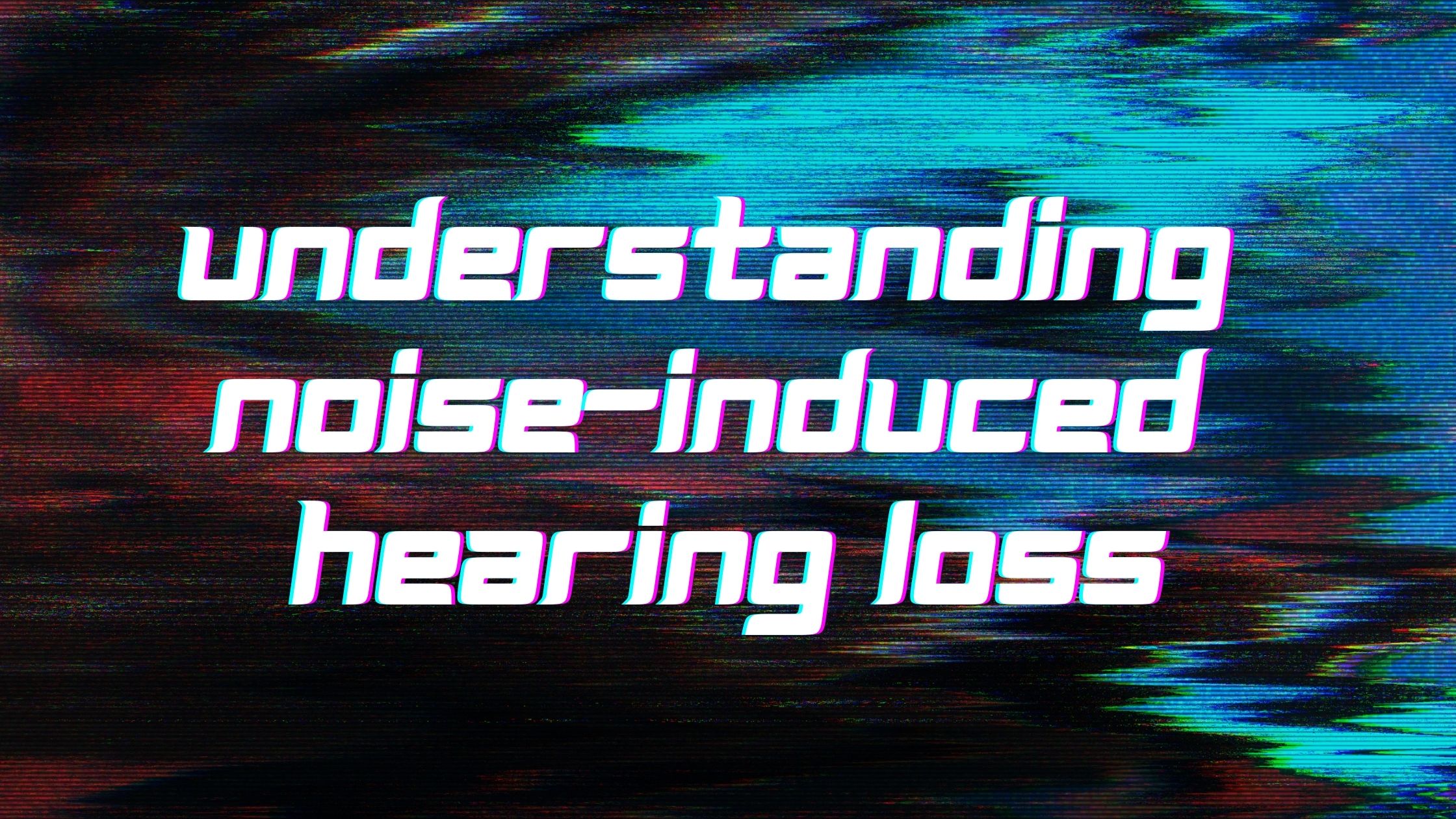Noise-induced hearing loss is one of the most common kinds of hearing loss. As the name suggests, this type of hearing loss is caused by exposure to excessively loud noise. Let’s take a closer look.
What is Noise-Induced Hearing Loss?
Noise-induced hearing loss is caused by dangerously loud noises. The large sound waves of these loud sounds can damage the delicate cells in your inner ear, leading to hearing loss.
Noise can damage your hearing health over time. With regular or daily exposure to loud noise, the cells in your ear are slowly damaged over several months or years.
Noise can also damage your hearing in an instant. Extremely loud noises can damage your hearing almost immediately. Sounds like a gunshot can cause damage right away. If you spend an afternoon at the shooting range and you forget your hearing protection, you could have permanent hearing loss after just this one event.
What Noises Damage Hearing?
Some everyday sounds are a bit too loud and can cause hearing loss. For example, if you listen to music with earbuds, and crank up the volume all the way, these loud sounds can damage your hearing. Job sites with heavy equipment can be too loud, and even your favorite restaurant could be too noisy.
Any noises that are over 85 decibels (dB) can lead to hearing loss. Here are just a few of the noises that can damage hearing:
- Mowing the lawn with a power mower (90 – 100 dB)
- Riding a motorbike or an ATV (100 – 110 dB)
- Spending the afternoon at a sports event or attending a concert (100 – 115 dB)
- Using heavy equipment at work (100 – 120 dB)
- Hearing emergency sirens at close range (110 – 120 dB)
- Going to a shooting range or hunting (120 – 140 dB)
- Watching fireworks (130 – 140 dB)
Noise-induced hearing loss can happen quickly. The louder the sound, and the longer you hear it, the greater your risk of hearing loss.
Signs of Noise-Induced Hearing Loss
The signs of noise-induced hearing loss are similar to the signs of any other sensorineural hearing loss, including age-related hearing loss. Some of these signs include:
- Missing soft sounds in the environment. You may not hear the clicking of the turning signal or the beeping of the microwave. Any of these gaps in your hearing is a sign of hearing loss.
- Having a hard time following conversations. Noise-induced hearing loss makes it difficult to understand conversations. That’s because you’ll miss some of the speech sounds, like consonant sounds. It might sound like your friends are mumbling, and you can’t quite figure out what they’re saying.
- What did you say? Asking people to repeat themselves is another sign of hearing loss. If you often can’t hear what’s being said or you get frustrated that you can’t hear, you probably have a hearing loss.
- Your family complains about the TV volume. Another early sign of noise-induced hearing loss is turning up the volume on the TV to try to follow the on-screen action. You may think the volume is just right, but your family will start complaining that it’s too loud.
- You have tinnitus or a ringing sound in your ear. Noise-induced hearing loss and tinnitus often occur together. If you’ve noticed a ringing or buzzing sound that won’t go away, this is a clear sign it’s time to get your hearing checked.
How to Prevent Noise-Induced Hearing Loss
Unlike age-related hearing loss, noise-induced hearing loss can be prevented! By taking a few simple steps and wearing the right hearing protection, you can prevent noise-induced hearing loss.
The first step is to learn more about the sounds that can damage your ears. You can find more lists online, or use a free decibel reader app on your phone. Knowing when sounds are too loud gives you a great starting point.
Next, wear hearing protection. Whenever sounds are over 85 dB, pop in a pair of foam or wax earplugs to reduce the volume and protect your hearing. Loud sounds at work are best blocked with earmuffs. These create a seal around your ear and provide more hearing protection.
Whether you’re at a game or just doing some yard work, make sure you have the right hearing protection.

